If you were to take a close look at the professional theatre industry in Malawi, you would quickly notice similarities in the various shows’ composition and presentation. Attend three and you will start feeling the monotony in all of it; it is like each performance, each story, is the same. You are to experience either the “Dumb and Dumber” comic approach, pioneered in Malawi by a comedy duo known as Izeck and Jakobo (the late John Nyanga and Eric Mabedi), or, more likely, the ATEM approach, which are English-language plays with an emphasis on dialogue and, as Smith Likongwe, a drama lecturer at the University of Malawi, Chancellor College, put it, “an overcrowded stage with a lot of unjustified chorus acting and obsession with cumbersome props.” Is this all there is to theatre in the country?
Before we jump to conclusions, let us take a look at where most theatremakers here are coming from. The name ATEM is taken from a drama competition that was founded and sponsored by the Association for Teaching English in Malawi. Students who chose drama as their extracurricular would be part of a club, and the students or their teacher would write the plays; the primary aim was to showcase how students at various secondary schools had mastered the language.
As Mzuzu University drama lecturer Misheck Mzumara observes, the competition has brought about a lot of directors, playwrights, and actors. “A number of artists have really sharpened their skills by directing secondary-school plays on a regular basis,” he says, before adding that a lot of playwrights and budding actors have their foundation in ATEM.


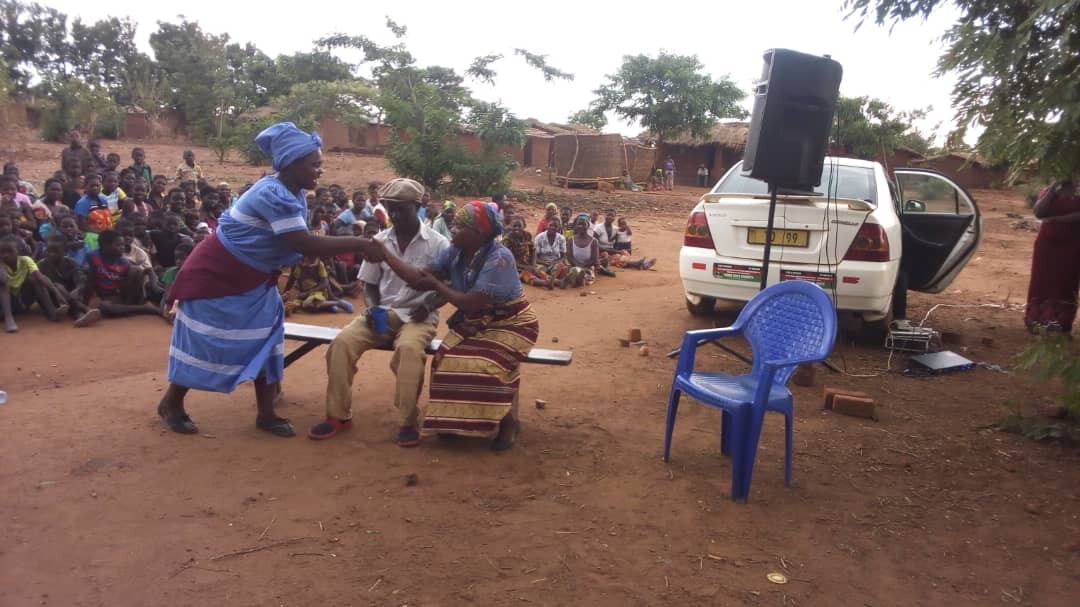

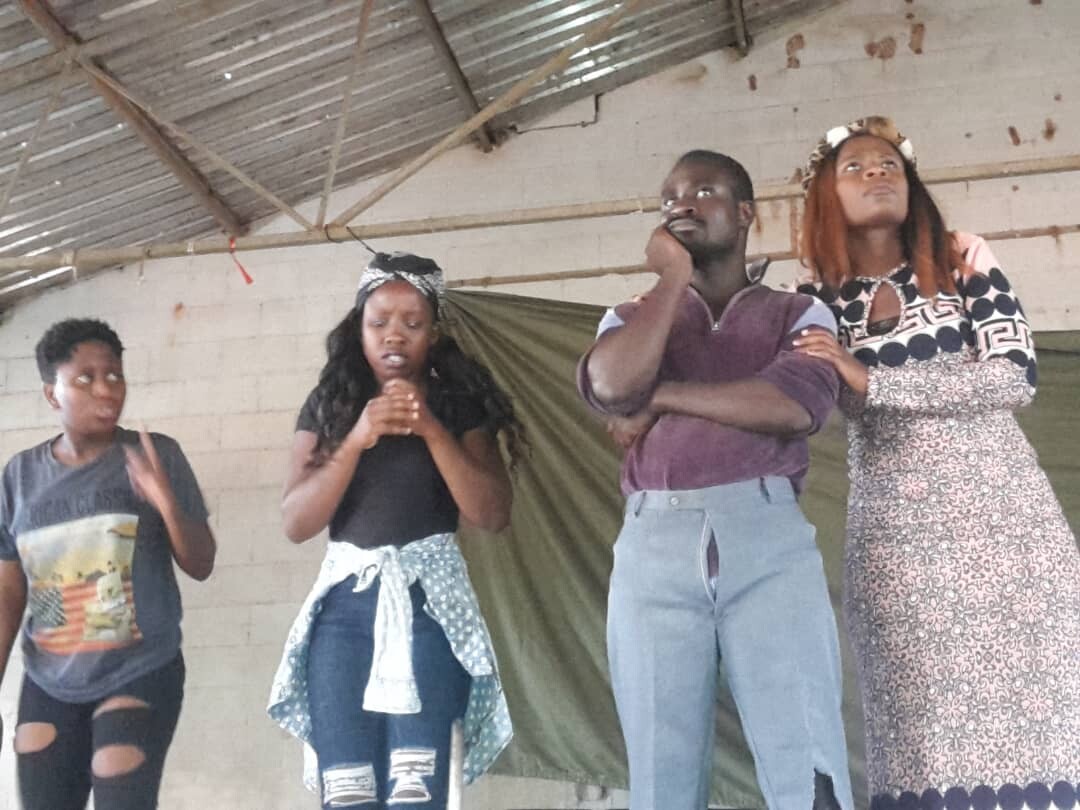

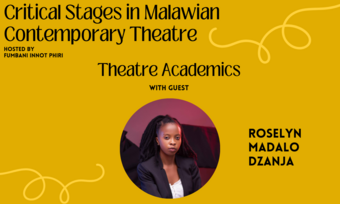


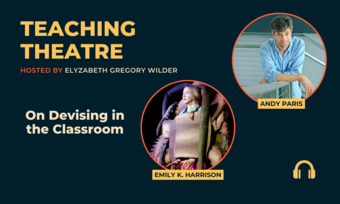



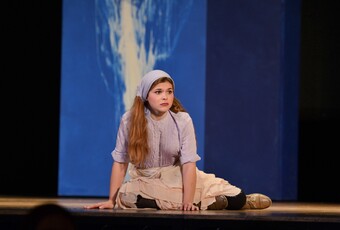

Comments
The article is just the start of the conversation—we want to know what you think about this subject, too! HowlRound is a space for knowledge-sharing, and we welcome spirited, thoughtful, and on-topic dialogue. Find our full comments policy here
Thank you very much Isaac for this honest and detailed portrayal of the theatrical landscape in Malawi. It gives me hope to see that several theatre practitioners in the country do know that there are various shortfalls in the way the system is run, i am sure a way will be found so as to forge foward towards a more diverse and inclusive theatrical atmosphere